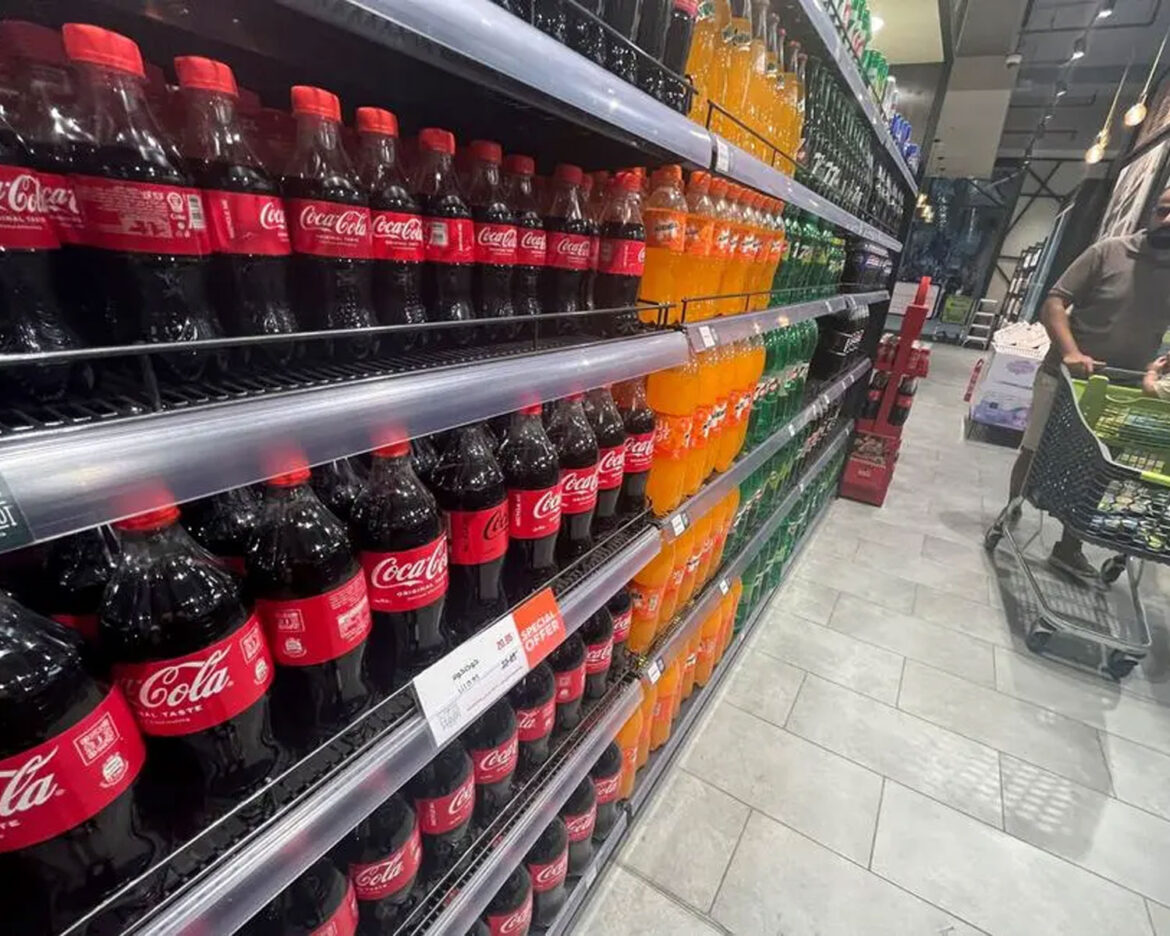Coca-Cola and PepsiCo, two of the world’s largest soft drink companies, have long dominated the beverage market in Muslim-majority countries such as Egypt, Pakistan, and Bangladesh. However, recent consumer boycotts, fueled by political tensions and the ongoing Gaza conflict, have caused a significant shift in market dynamics, benefiting local soda brands.
Decline in Sales: In Egypt, Coca-Cola’s sales have plummeted, while the local brand V7 has seen a threefold increase in its exports across the Middle East and beyond compared to last year. In Bangladesh, Coca-Cola was forced to cancel an ad campaign after facing backlash related to the boycott. Meanwhile, PepsiCo’s growth in the Middle East has stalled since the Gaza conflict began in October, signaling a broader regional impact.
Consumer Choices Reflect Political Stance: In Pakistan, some consumers are opting to boycott American brands due to their association with the United States and its perceived support of Israel. Sunbal Hassan, a corporate executive in Karachi, chose to serve Cola Next, a Pakistani brand, at her wedding instead of Coke or Pepsi, reflecting a growing sentiment to avoid contributing to American tax revenues.
Impact on Market Share: Local brands like Cola Next and Pakola have gained popularity, with Krave Mart, a leading Pakistani delivery app, reporting a rise in their market share from 2.5% to 12% in the soft drinks category. While PepsiCo and Coca-Cola still hold a significant presence in the region, market analysts note a 7% decline in sales of Western beverage brands across the Middle East in the first half of the year.
Historical Context and Future Prospects: The boycott strategy is not new, with historical precedents such as the 18th-century anti-slavery sugar protest in Britain and the 20th-century anti-apartheid movement in South Africa. Despite the current challenges, Coca-Cola and PepsiCo remain committed to the region, with continued investments and community engagement efforts aimed at maintaining their foothold.
Conclusion: As local soda brands continue to gain traction in Muslim-majority countries, the long-term impact of these consumer boycotts on Coca-Cola and PepsiCo remains to be seen. However, the ongoing conflict and rising nationalism in these regions suggest that the competition between global giants and local upstarts is far from over.



